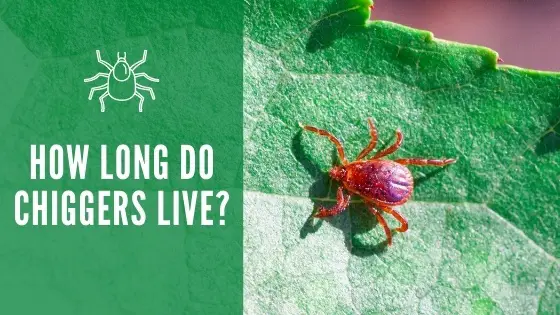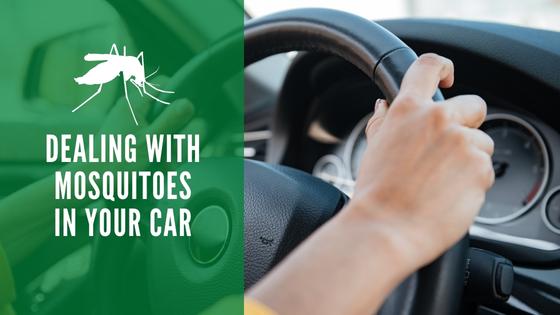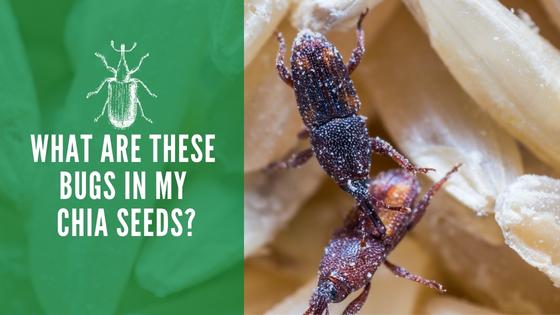How Long Do Chiggers Live?

Chiggers go by many names, such as berry bugs or harvest mites, but no matter what you call them, one fact is certain — they’re a nuisance. If you end up with chiggers, you might wonder what exactly they are and how long they live, among other questions.
What Are Chiggers?
Chiggers classify as mites and are part of the arachnid family, so they have eight legs, though in their larval stage, they have six legs.
They live in berry patches and wooded areas in general. You can even find them in your backyard or even when you’re picnicking by a lake. They’re most prevalent in the spring, summer, and fall. They tend to be most active in the afternoon when it’s warmer.
They’re incredibly small, so you need a magnifying glass to see them clearly. You may not see the larvae unless they’re in a cluster. The adults are only about 1/16 of an inch long, while their larvae are 1/150 of an inch long.
How Long Do Chiggers Live on the Human Body?
On average, a chigger can feed for several days on a human before falling off, usually about four days.
Typically, you won’t notice them on your skin due to their stature. However, once they begin to feast on your skin, you may feel quite itchy within a few hours of them biting. You’ll also notice a rash, which could manifest as blisters, pimples, hives, or welts. You may also develop a fever.
Keep in mind that only the larvae will bite. These pests have claws that they use to grasp onto your skin. Once attached, the chiggers attach their mouths to your flesh and inject saliva. The enzymes in the saliva then break your skin down to liquid form. They then ingest this fluid.
Fortunately, chiggers are more bothersome than anything and don’t transmit disease.
Chiggers Lifecycle
Adult mites tend to hide in the soil during winter. Then, the female will emerge and lay eggs during spring. The eggs hatch about five to seven days later. Once born, the larvae will climb on vegetation until they find a host, which could be a human passing by.
Typically, they find areas of the human body where clothing fits snuggly, such as under socks or around the person’s waistline. They also like wrinkled areas of skin, especially where the skin is thin, such as under your armpits or the back of your knees.
The chiggers then feed on the host until they become engorged and drop off. Next, the chigger will enter into the nymph stage until it matures into an adult. Total, the life cycle takes about two months.
The female nymphs can live up to one year and reproduce multiple times throughout their lives.
How to Get Rid of Chiggers
After you’re outside, you should wash your body with soap and water to remove chiggers and prevent any more bites. Apply an antiseptic to your skin afterward to prevent infection.
In addition, you should remove all your clothing and wash it in hot water to kill any chiggers on your clothing.
What to Do About Chigger Bites
First and foremost, don’t itch the skin. If you break open your skin, you put yourself at risk of infection. Chiggers don’t burrow under your skin as scabies do, so you shouldn’t try to dig the chiggers out. Avoid hot baths or showers as your bites are healing since this can irritate the bites.
If the itching is bothering you, it’s safe to apply an over-the-counter anti-itch cream, such as calamine lotion or hydrocortisone. Ice may also lessen your itching.
You may have the bites for up to one to three weeks before they heal completely. If they aren’t healing by that time, you should visit your doctor. You should also schedule an appointment if you develop a skin infection.
How to Avoid Chiggers
Ideally, you want to avoid chiggers to prevent the reaction. When you go for walks in the woods, don’t stray from the paths and keep out of tall grass. Try to avoid brushing up against the vegetation, so they can’t cling to your clothing.
You’ll reduce your chances of picking up chiggers if you wear long-sleeved shirts and long pants. You might want to go as far as to tuck them into your socks so they don’t end up in your shoes or socks. Even better, consider wearing pantyhose, leggings, or tights under your pants since the chiggers won’t be able to bite through the material.
Any time you’re going into the woods or around a lake, you should wear insect repellent. You’ll not only avoid chiggers, but you’ll prevent other bugs from biting you as well.
Even if you don’t have itching yet, you should immediately take a shower when you come in from spending a day outside. You’ll remove the chiggers before they have an opportunity to bite.
Because chiggers can live in your yard, it’s imperative that you properly maintain it. Make sure you mow your grass and weed wack regularly so you don’t have tall grass.

Keep your yard free from leaves by routinely raking up any piles of leaves and disposing of them. If your yard is too large for this, rake the areas closest to your home and mulch the leaves with your lawnmower.
Make sure you’re also trimming your shrubbery and hedges because they’ll live in this vegetation as well. Address weeds in your yard as well.
Chiggers tend to radiate to dark, moist areas, so it’s not just your yard you should worry about.
You should make sure you keep your lawn free from trash. Moisture will gather on plastic bags, food wrappers, and even newspapers and create a prime environment for chiggers.
While chiggers aren’t dangerous, their bites can cause a fierce reaction. They don’t have a long life, but females lay eggs multiple times in their lifespan (up to one year), so they reproduce quickly. Take steps to prevent them, and make sure you respond properly if you should happen to be bitten.
Source:
https://www.healthline.com/health/home-remedies-for-chigger-bites#chigger-bite-remedies
http://entoweb.okstate.edu/ddd/insects/chiggers.htm
http://www.healthline.com/health/chigger-bites#habitat



